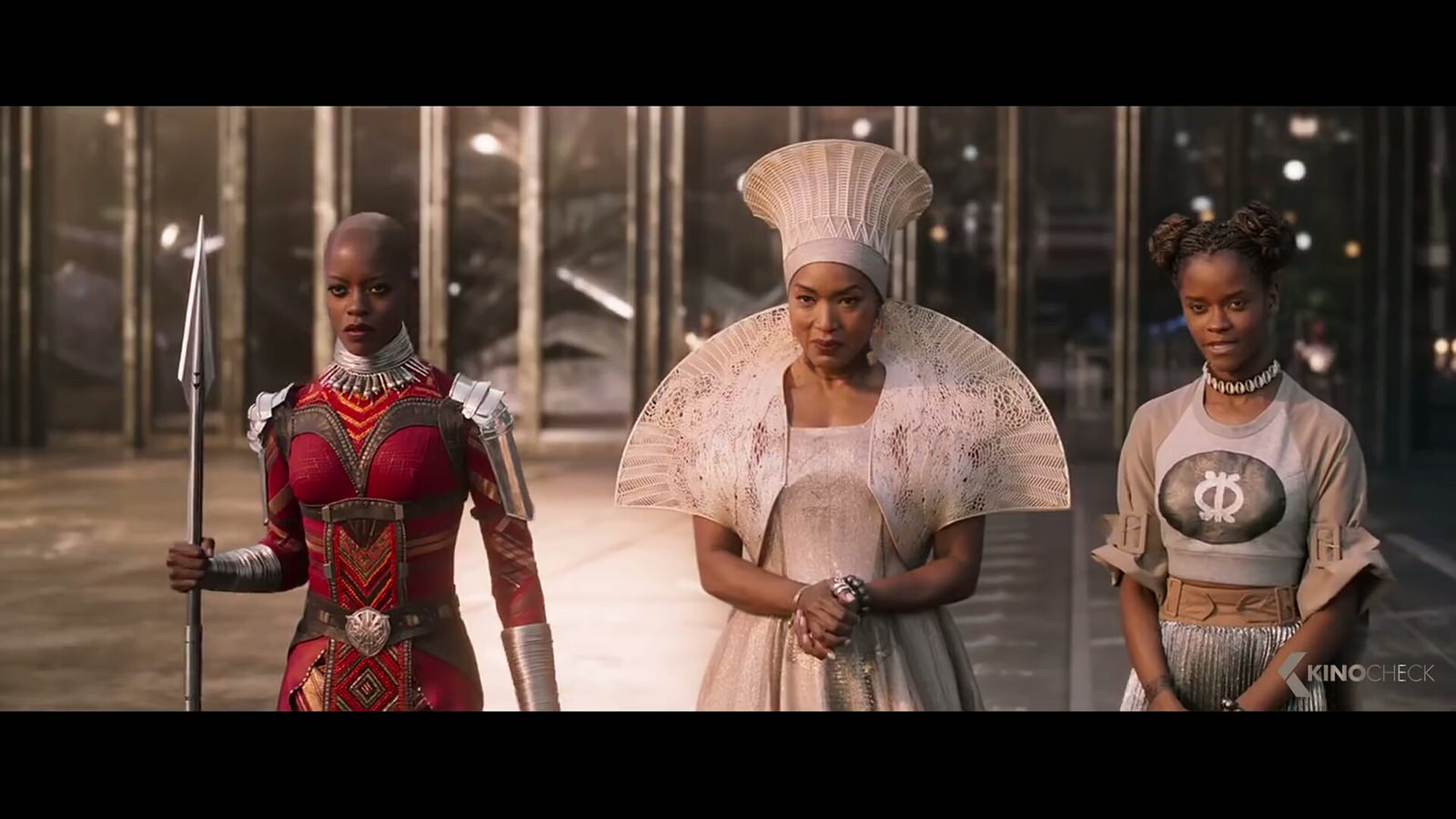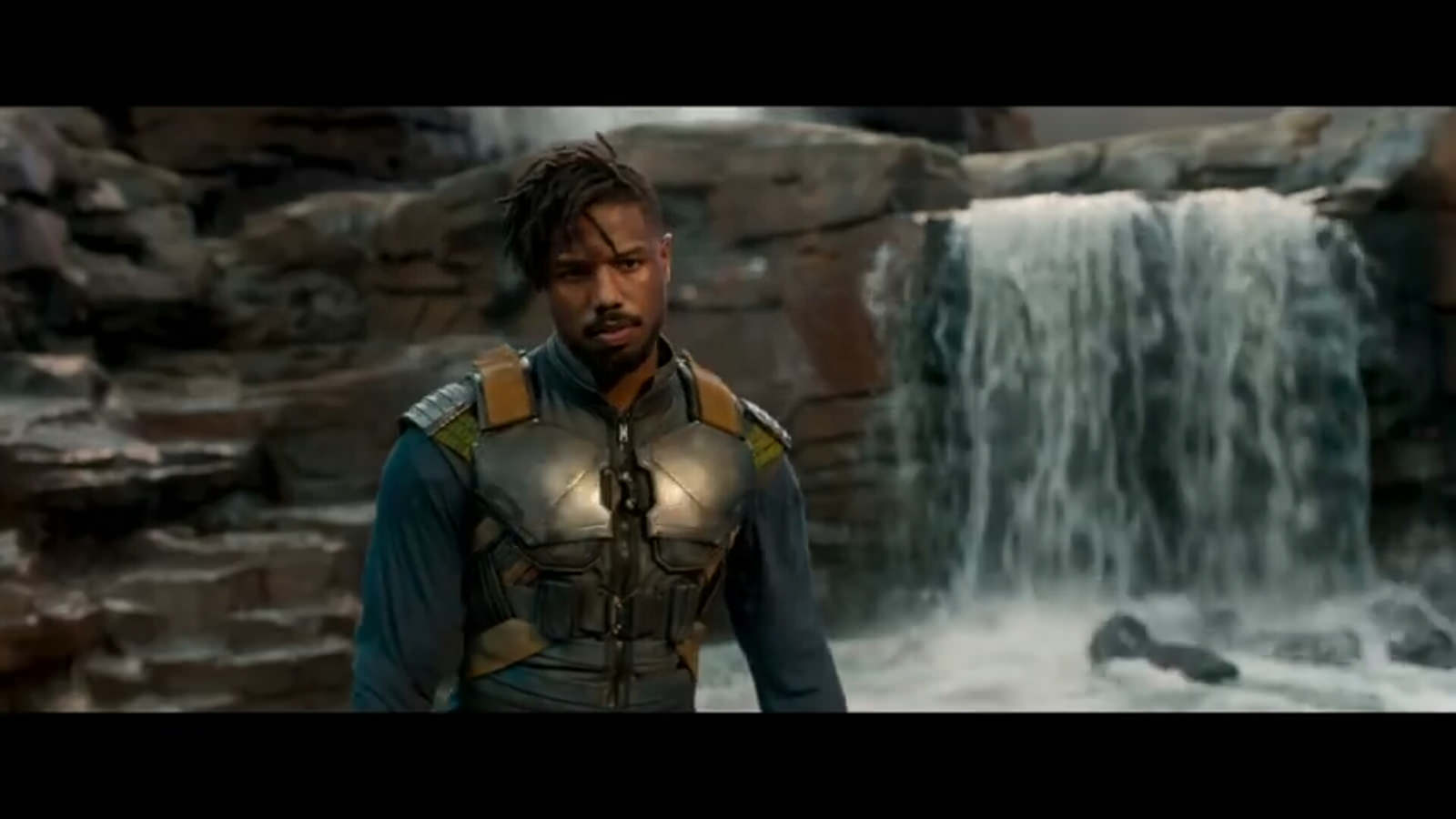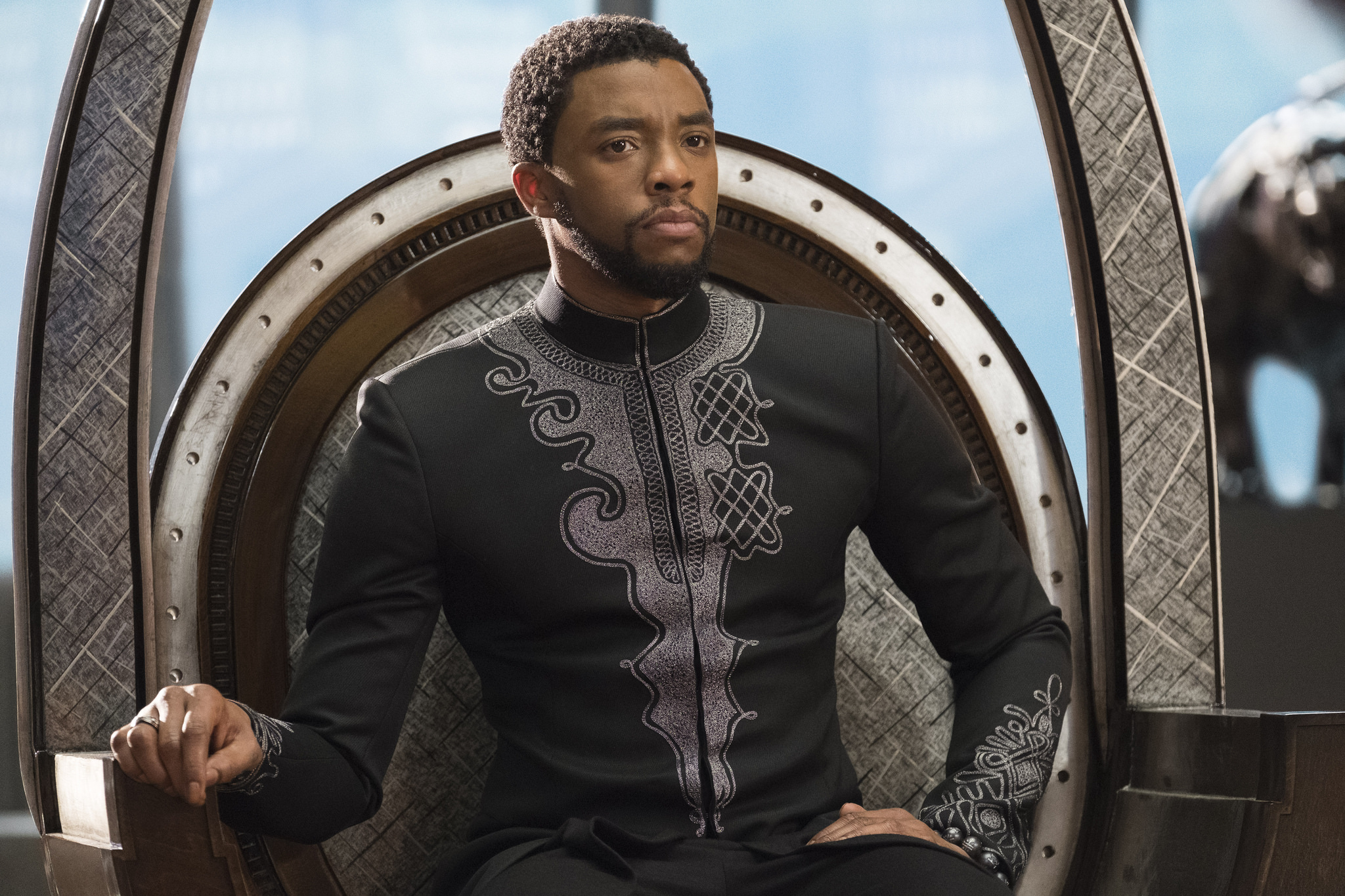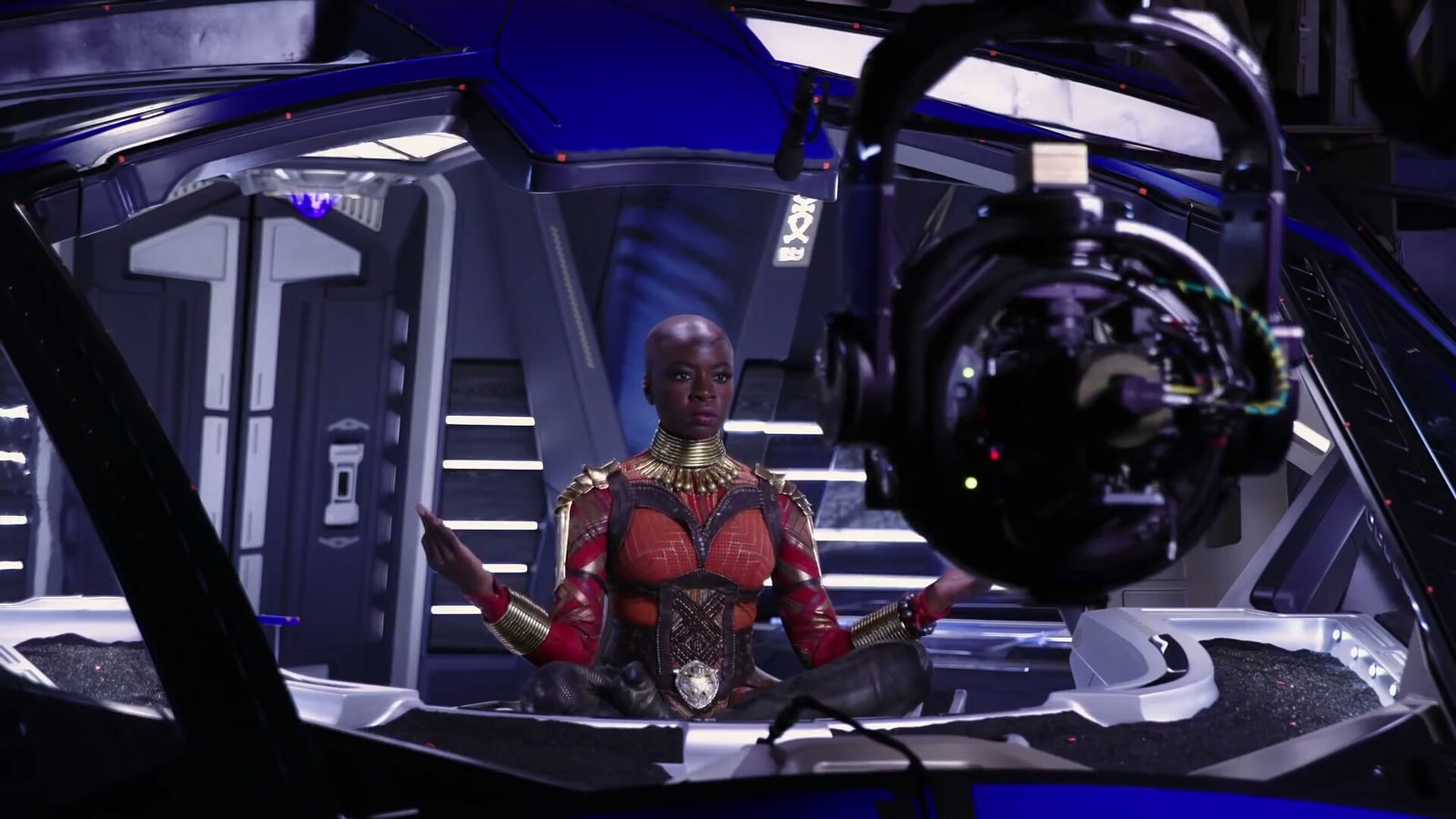'Negroes' to 'Heroes': Marvel Goes Political
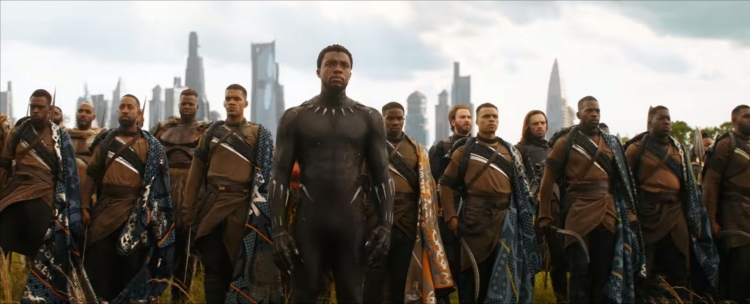
I have a friend whose grandmother burned all of her white toys so that she could learn to love her black ones. This story has stuck with me for almost six years now. I did grow up with white dolls, but my favorite TV character was always Disney's Pocahontas. I didn't care for her determination, strength, stubbornness, or even the fact that she married a white boy. She looked like me and that was enough.
It took me about ten years to find out that Pocahontas wasn't my type of black. She wasn't African, or African-American, or even Jamaican; she was Native American.
This highlights the pressing issue of black underrepresentation on the big screen. However, Black Panther is out to challenge this. Huffington Post reported that Marvel's new movie-- with its black director and predominantly black cast-- made $426 million in four days. And, finally, it's not the stereotypical African-American story (growing up poor in the ghetto, or starting to deal drugs to put food on the table and ending up in jail).
Black Panther is a representation of everything that I stand for. Strong, black women leading the world; an African country that does not need "donations" from former colonizers; a country in which cultures from every corner of the continent are represented; Africans wanting to come back 'home' even though the mainstream opinion of outsiders is that Wakanda is a third world country that is only rich in "textiles, shepherds and cool outfits."
Image Credit: Flickr/Onika Udaku
The movie begins with young N'Jadaka (who grew up in America as 'Erik Stevens') asking his father, Prince N'Jobu, about his heritage. As his father tells him about his homeland of Wakanda, an African country, the animated prologue shows slave trade and war that occurred during its colonization. There were slaves in neck chains being led into a boat, which was a painful yet powerful reminder of Africa's colonial history.
Later on, in a flashback scene, Erik 'Killmonger' Stevens (Micheal B. Jordan)-- an African-American who grew up in Oakland-- says, "everybody dies, it's just life around here." This was California in 1992, where violence was everywhere on the streets, while America was at war.
Erik 'Killmonger' Stevens. Image Credit: Flickr/Onika Udaku
Killmonger has more to say. At the British Museum, right before stealing an artifact, he asks the white British manager if he could take it off her hands, to which she replies it isn't for sale.
"HOW DO YOU THINK YOUR ANCESTORS GOT THESE? YOU THINK THEY PAID FULL PRICE FOR IT, OR DID THEY TAKE THEM LIKE THEY TOOK EVERYTHING ELSE?"
He also calls the museum security out for keeping an eye on him since he walked in, automatically assuming that he'd steal something (which he does, but that's not the point).
In his last moments, Killmonger tells his cousin King T'Challa that he should "bury me in the ocean with my ancestors that jumped from the ships. Because they knew death was better than bondage."
At that time, I wanted to scream, "YAAAAAAAASSSSSSSSSSSSSSSSSSSSS. Tell'em, baby. They stole you!" But I was in a room filled with well-composed French people who grinned instead of laughed; when they did laugh, it was in a calm, appreciative tone that meant to sympathize but not understand. I didn't want to be a walking stereotype of Nigerian girls.
Black Panther Image Credit: Flickr/Onika Udaku
In a very subtle way-- having Killmonger by a name that tastes better on the colonizer's tongue-- Marvel forces us to understand the villain. As king, he tells the counsel that where he's from, "when black folks started revolutions, they never had the fire power or the resources to fight the oppressors." His strategy, just like the one of his father, is to arm 'our people' so that they can fight back. And just in case King T'Challa has been missing the headlines about police brutality of young black boys in the United States, Killmonger wasn't going to let that slide.
"NICE CUSHION SEATS. YOU MUST BE COMFORTABLE WHILE TWO BILLION OF US ARE SUFFERING, BEING DEALT DRUGS, BEING MASS INCARCERATED."
Black Panther tells Killmonger that "I am the King of Wakanda" so that he wouldn't get involved in a war that didn't concern his country. Killmonger replies, "didn't life start from this continent? Doesn't that mean all people are your people?" This (with Nakia's encouragement) influences the king's decision to extend the arms of Wakanda and share its resources with other countries.
In the last battle, Killmonger tells Black Panther that the world took everything from him; Black Panther tells him that "you have become just like the people you hate so much."
Okoye, Wakanda's greatest warrior. Image Credit: Flickr/Onika Udaku
Still in the Black History Month theme, there were other scenes that made references to politics and white supremacy. While Princess Shuri (Letitia Wright) calls CIA agent Everette Ross (Martin Freeman) a 'colonizer,' her older brother is more implicit in his delivery. During his speech in a post-credit scene, King T'Challa announces, "in times of crisis, the wise build bridges and the foolish build barriers."
I am so overjoyed that my sisters are growing up in a world where people who look like them are ruling the world. Nakia (Lupita Nyong'o) saves some of the 276 school girls who were kidnaped in our home country, Nigeria, in 2014; Okoye (Danai Gurira), a female soldier, is the greatest warrior in the country; and Shuri (Letitia Wright) is the smartest tech genius in the history of television. Thank you, Disney, for all the lessons you have taught young children, but being a princess does not have to be a full-time job.

